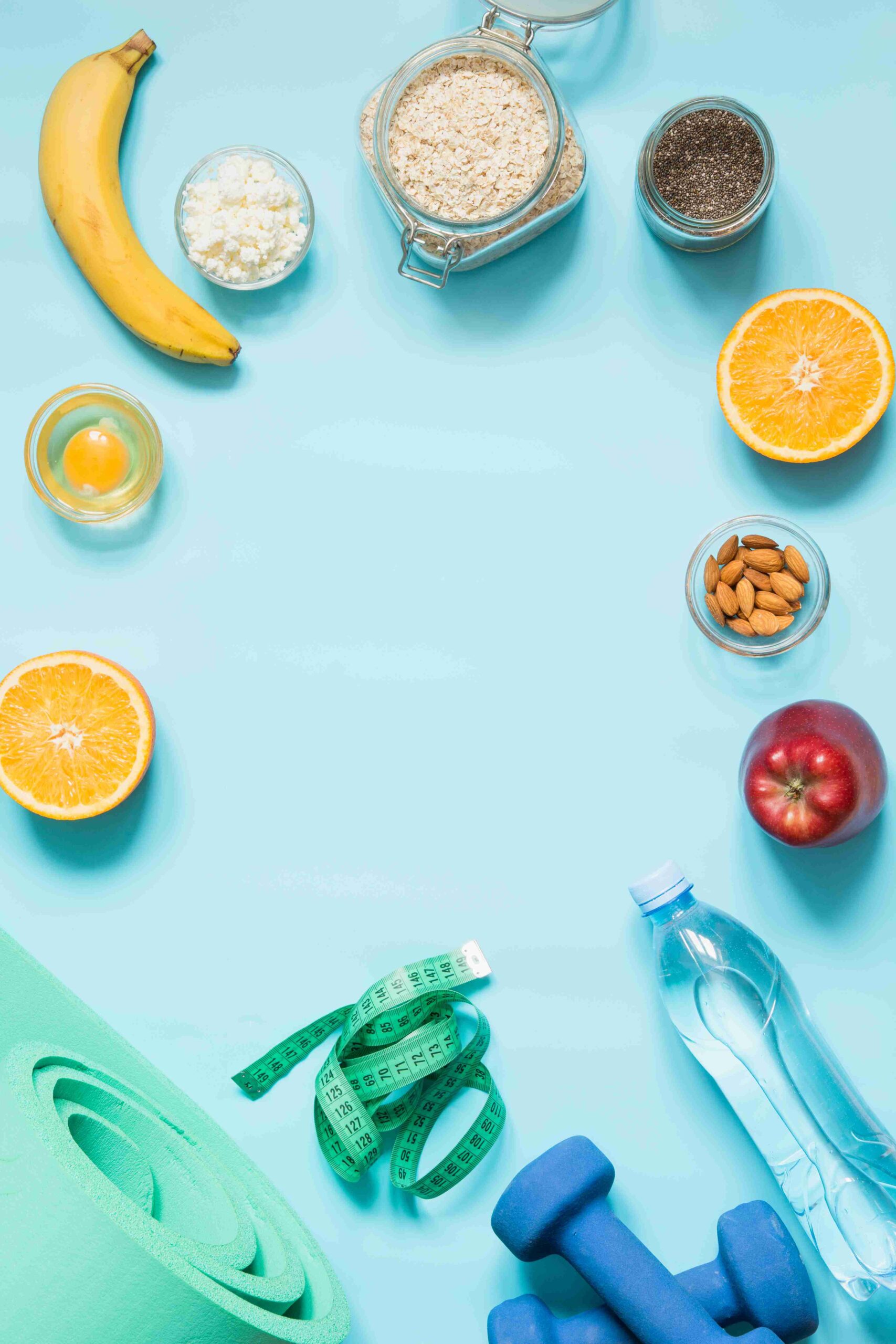Proper nutrition is a cornerstone of high-intensity fitness, providing the energy and recovery support needed for demanding workouts. In Ontario, fitness enthusiasts can elevate their training by incorporating these key dietary strategies, tailored to the unique challenges of high-intensity workouts.

Key Nutritional Components for High-Intensity Training
A well-balanced diet is essential for optimal performance. Here are the main components to focus on:
- Carbohydrates: The primary fuel source for high-intensity workouts. Choose complex carbs like whole grains, fruits, and vegetables to maintain energy levels.
- Proteins: Crucial for muscle repair and growth. Lean meats, eggs, dairy, and plant-based options like tofu are excellent sources.
- Fats: Support long-term energy and hormone regulation. Include healthy fats from avocados, nuts, seeds, and olive oil.
- Vitamins and Minerals: Essential for energy production and muscle function. Ensure variety in your diet with colorful fruits and vegetables.
- Hydration: Staying hydrated before, during, and after exercise is vital for optimal performance.
Balancing these components can significantly enhance your fitness outcomes while supporting overall health.
Pre-Workout Nutrition Tips
Preparing for a high-intensity workout starts with proper pre-workout nutrition. Consider these strategies to maximize performance:
- Timing: Eat a balanced meal 2–3 hours before exercise to allow digestion.
- Carbohydrate Loading: Incorporate complex carbs for sustained energy.
- Protein Inclusion: Add lean protein to support muscle function.
- Hydration: Drink water or an electrolyte solution to stay hydrated.
- Avoid Heavy Foods: Limit high-fat or high-fiber foods to prevent digestive discomfort during workouts.
A carefully planned pre-workout meal ensures your body is ready to tackle even the toughest sessions.

Post-Workout Recovery Nutrition
Recovery is just as important as preparation. What you eat after a workout helps replenish energy stores and repair muscles.
- Carbohydrate and Protein Combo: Aim for a meal or snack with both carbs and protein within 30–60 minutes post-exercise.
- Hydration: Rehydrate with water or electrolyte-rich drinks to replace fluids lost through sweat.
- Antioxidant-Rich Foods: Include fruits like berries and vegetables like spinach to combat oxidative stress.
- Natural Options: Focus on whole, minimally processed foods rather than over-relying on supplements.
Prioritizing post-workout nutrition ensures quicker recovery and prepares your body for the next session.
Elevate Your Training with Proper Nutrition
High-intensity fitness demands a well-rounded approach to diet and exercise. By incorporating these nutrition tips into your routine, you can unlock new levels of performance, recovery, and endurance.
Stay tuned for more tips, resources, and local insights into the high-intensity fitness culture in Ontario. Start fueling your body for success today!
